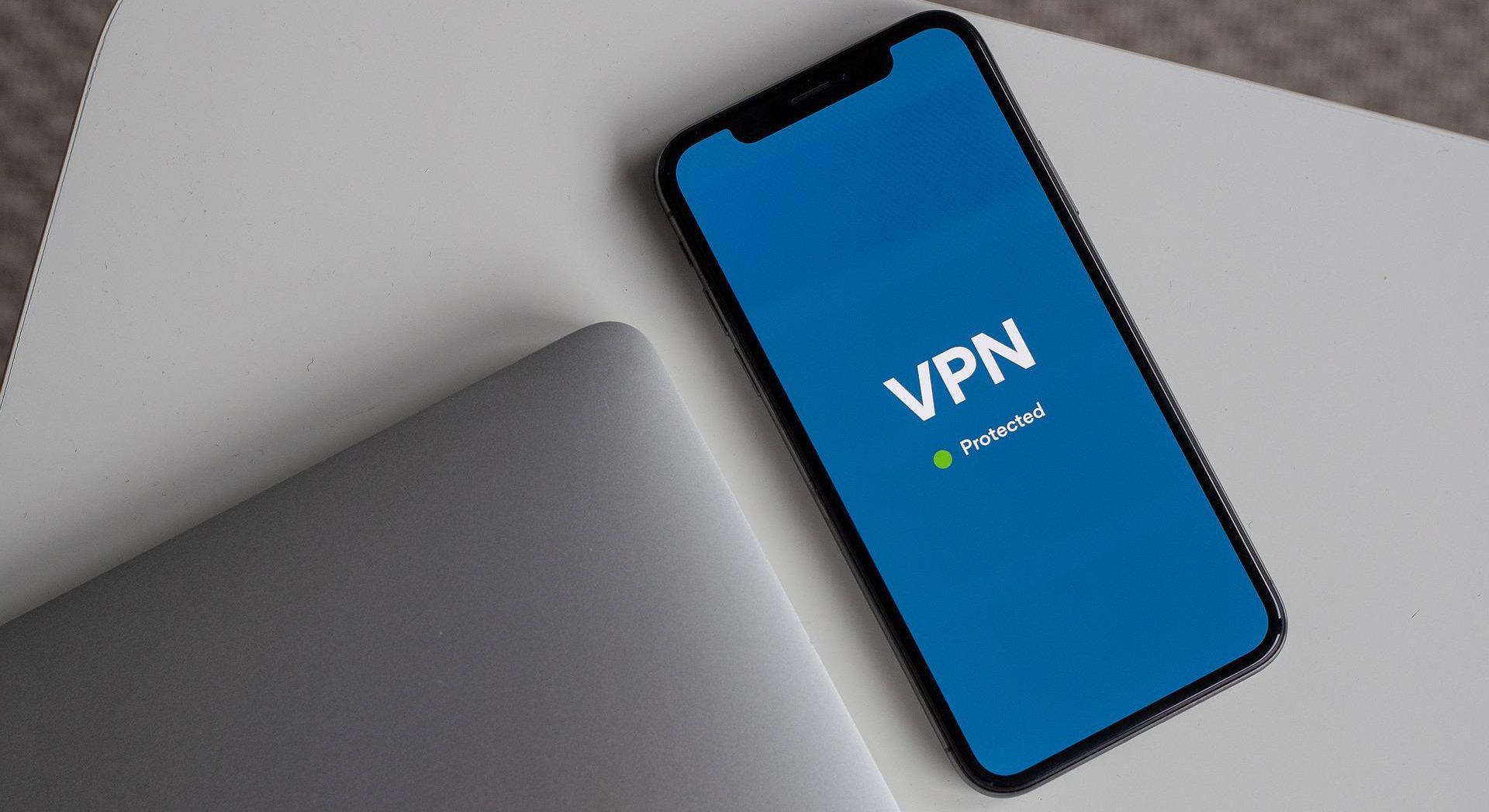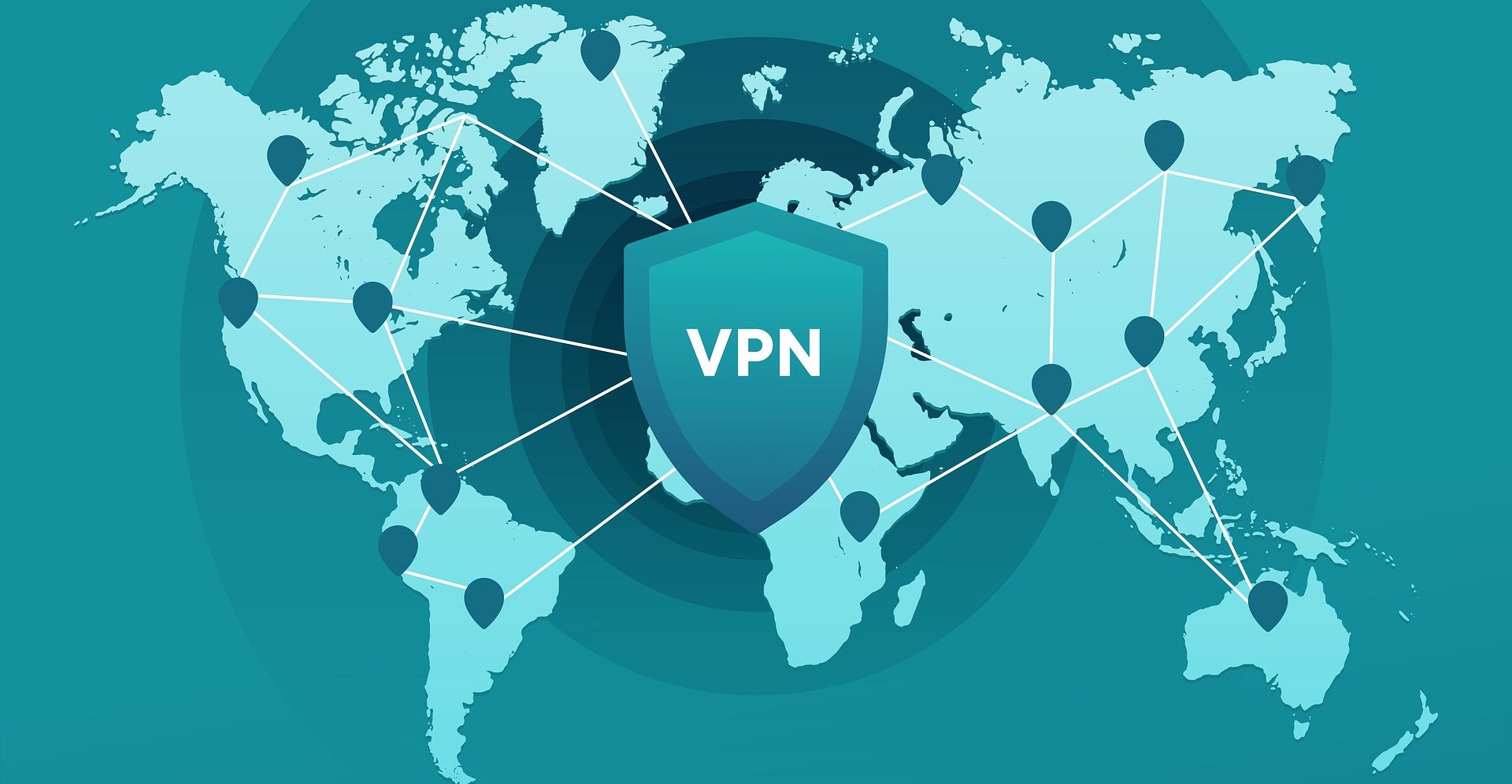[ad_1]
Today, millions of individuals use a VPN to protect their data when online. And, while VPNs can indeed keep you safe when you’re surfing the web, there is a glaring issue that poses a threat to anyone who uses a VPN in their day-to-day lives. This threat comes in the form of VPN logs.
But what exactly are VPN logs, what kind of data do they store, and Why are they such a risk to users?
What Are VPN Logs?
When you use your VPN provider, you’re likely under the assumption that your data is only being encrypted, not stored. But, unfortunately, this isn’t always the case.
Some providers actually keep VPN logs, which are databases of information taken from users. These can be split into two categories: metadata or connection and activity or usage logs, all of which put your online safety at risk. Your internet activity, data usage, shopping habits, connection periods, and even your real IP address can all be stored on these logs.
The keeping of logs by VPN companies defeats the point of VPNs entirely. If a user’s sensitive information is still being accessed and stored somehow, then there’s really no point in using a VPN in the first place. What’s worse is that millions of people who use certain VPN services are totally unaware of how their data is being handled.
The majority of well-known VPN companies claim to have a “no-log” policy, meaning they are strictly against logging any kind of user data. But the problem here is that it’s essentially impossible to prove that a VPN provider isn’t keeping logs from the outside. No matter how many external audits and investigations are done, simply not coming across a VPN log isn’t proof that they don’t exist. One would need total inside access for this to be possible.
This is a key reason why VPNs are very trust-based services. While any given company can build a fantastic reputation for itself and satisfy all its customers, it could still be carrying out illicit activities behind closed doors, including this kind of data logging.
So, if VPNs are supposed to keep our data accessible to us and us alone, why would they keep logs?
Why Do Some VPN Companies Keep Data Logs?
If there’s one thing both big tech and government love, it’s data.
User data is now hugely valuable, and even some of the most popular companies out there have been known to mishandle private information that was entrusted to them by their customers. Third parties are now willing to pay millions or billions of dollars in exchange for this data, which they can use to advertise more efficiently, analyze user behavior, and further develop their services. If anything, data is like gold to these businesses.
This forms part of the reason why certain VPN providers keep logs. There is an endless list of interested buyers out there that would benefit from having access to user data, and some less morally intact VPN services know full well that they can benefit financially from storing and providing this data to the highest bidder.
VPN services have also been known to keep logs to ensure that any given user isn’t exceeding their device limit. If one user were allowing many of their friends and family to use their VPN account, for example, this would be financially detrimental to the company itself.
On top of this, some VPN companies have to keep data logs by law. Though VPNs are commonplace in many countries worldwide, some nations have tightly restricted or outright banned them from the public. In countries where VPN usage is restricted, providers sometimes have to keep logs in case the government decides they need to conduct an investigation or simply want to see what citizens are up to.
In China, for example, residents can only use VPN providers that have agreed to provide the government with back door access to their stored data whenever necessary.
But VPN logs aren’t only kept in countries where VPNs are tightly restricted. In fact, data logging is far from rare among free VPN services.
Why Do Some Free VPN Services Keep Logs?
The idea of being protected by a VPN online without having to pay any kind of upfront or subscription fee might seem too good to be true. And, in some cases, it very much is.
This all comes down to one thing: money. As is the case for the majority of businesses, without a profit, salaries can’t be paid and new developments can’t be made. So, how does a free VPN service make money? Well, among other things, they sell data.
While you may think that any VPN company selling user data would do so secretly, some providers actually state that they sell data or share it in some way in their privacy policy. Betternet and OperaVPN are just two examples of free VPN services that explicitly state how they use their customers’ data, which you can read about in their terms and conditions.
On the other hand, some VPN providers have maintained that they do not sell or mishandle data even if it has been proven that they certainly are. While these kinds of scandals can put a lot of people off using a VPN provider, many people don’t even know that VPN logs exist.
This is why it’s so important to do your research about any VPN provider you’re thinking of using if the safety of your data is paramount to you. And, if you’re trying to minimize the risk of having your data mishandled, you might be better off opting for a well-established, paid VPN service. Providers like ExpressVPN, ProtonVPN, Surfshark, and NordVPN, are all highly reputable and can offer the best levels of security for you and your data.
VPN Logs Are Putting Millions of Users At Risk
With 31 percent of all internet users worldwide having subscribed to some kind of VPN provider, the existence of VPN logs is very concerning. After all, when so many companies that provide you with a security protocol are also sharing your sensitive data with third parties, one must call into question the integrity of the VPN industry as a whole!
If VPN logs are a concern for you, check your provider’s terms and conditions and conduct a little research around the company to ensure that your data is being protected properly.
Read Next
About The Author
[ad_2]
Source link








